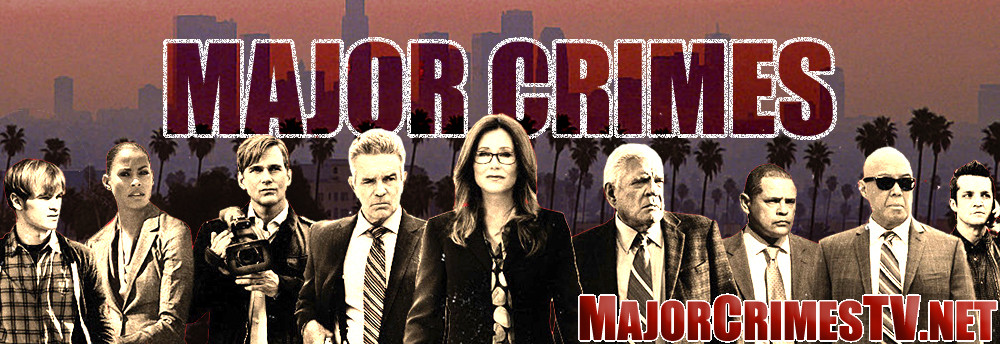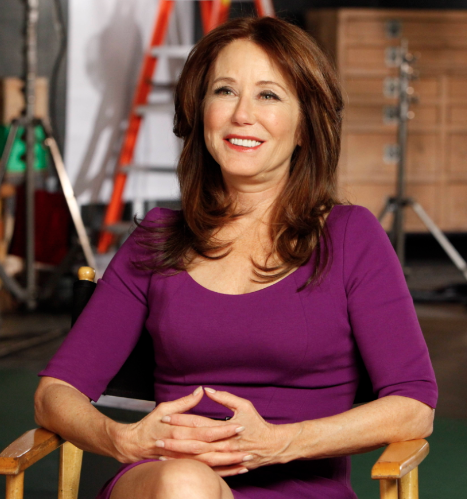In a new interview with TV Watchtower, Mary McDonnell discusses insights into her role as Sharon Raydor, and what she’s looking forward to being explored in season two of Major Crimes.
What do you identify with most about Sharon Raydor and what’s most challenging for you about her?
MARY: What I identify the most about her and with her is the position of being a middle‑aged woman who, instead of retiring, is working more with bigger challenges, with more power. We’re moving into territory that’s uncharted, and I love representing that dilemma, both its exuberance and its pitfalls. And I love coming up against society’s prejudice and I love pounding away at ageism. I just love it. And it excites me to be on the cultural swing forward. If you look at the women that are running the world right now in their sixties and seventies and it’s really quite fascinating to watch how they are getting stronger and more specific, but they’re also mothers and grandmothers. And the feminine of their maternity can be absolutely a part of the story. So I’m excited about that. The challenges in this first season was to be able to transition a character from being an antagonist to a protagonist without trying to ask anything of the audience but to take a look and to veer this way or that way when it felt like there was too much effort and to keep her mind on the job. Because she kept wanting to spin out or react or stand up or just do whatever happens to you when you’re put in that kind of position. She knows everything about these people. She was Internal Affairs. She knows their personalities. She knows how much they hate her. She knows the whole thing. What’s the job and what do I have to do? So it was like a mental exercise. That was the really hard thing. For the actress, for me, the hardest part was to resist thinking about whether or not it would work. And that’s what I worked very hard on and, for the most part, resisted it. But every once in a while, we would all just go, “Ahh, what are we doing? This could flop.”
Read the whole interview here.

